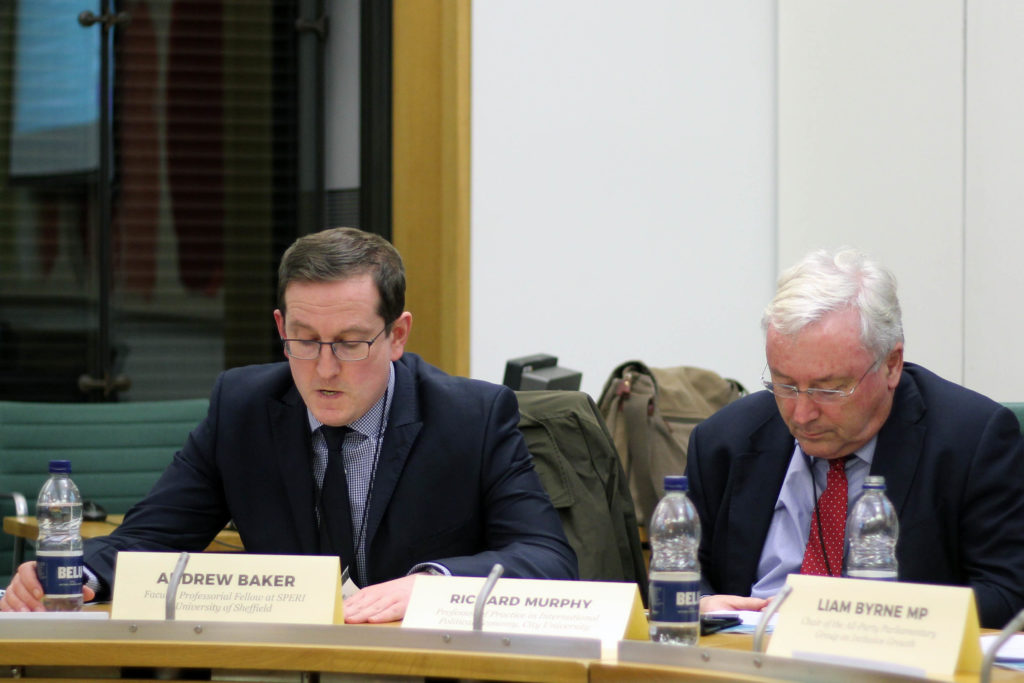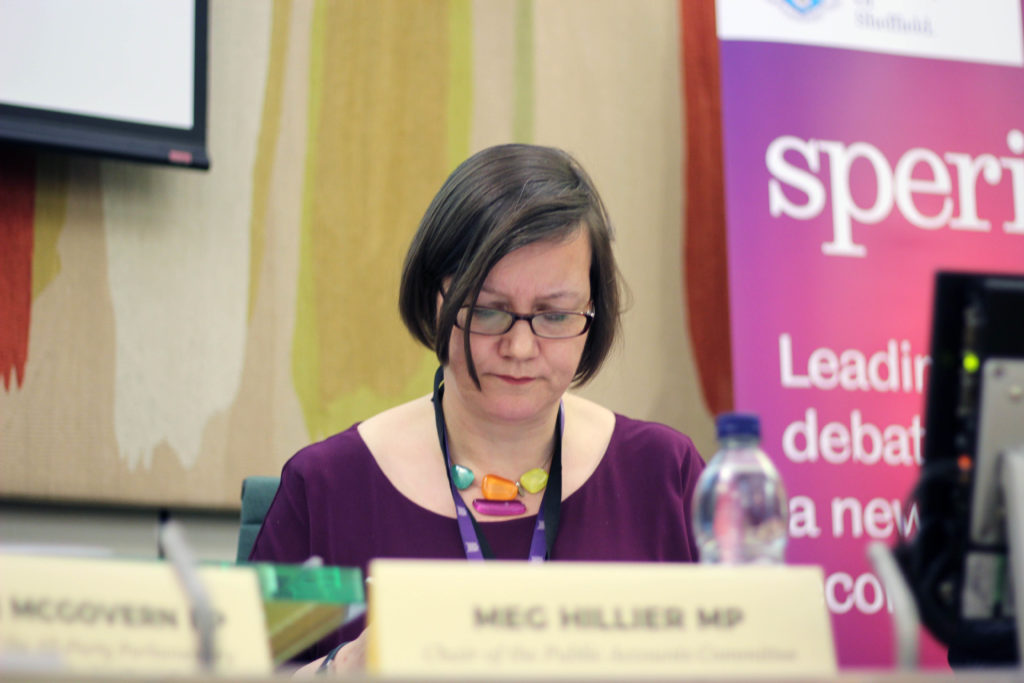The New Agenda for Tax Reform
The challenge over the next 20 years is blunt: we know how to globalise but we don’t know how to make globalisation work for the majority of voters.
The New Agenda for Tax Reform
Since the fall of the Berlin Wall, we have created a world of very rich elites and very remote elites, where the top one per cent now control half of global wealth – 85 families own more than three billion of the world’s people – while public life has been drained of politics and the power to make a difference. So it is little surprise that people hate “the system” and that anger is fueling a surge of new politics and new parties across the world.
Key to this result is our failure to create good, new institutions that democratise the opportunities of this new age – and nowhere is this more apparent than in relation to tax. Globally, we have institutions, the legacy of Bretton Woods, that can help reflate growth but we have not found ways of taxing the new wealth of nations.
The result is that, by some estimates, $7.5 trillion is now stashed in tax havens, with some $6 trillion of that never having been taxed. Some 10 per cent of European assets are stashed in tax havens; 30 per cent of the net wealth of the assets of African states are in tax havens as are 50 per cent of Russian assets. €1 trillion is evaded every year and the deficit of the European Union is currently €419 billion. As the Panama papers revealed, austerity has been much tougher because the rich are not paying their fair share.

But rather than fix this ‘institution gap’, companies and countries are colluding in a worldwide tax war to slash corporate taxes. As Professor Andrew Baker pointed out at the latest event hosted by the APPG on Inclusive Growth, there is good data on the tax behaviour of 99 states. Of these, 65 have cut corporate taxes over a ten year period by an average of seven per cent, to a headline rate of 20.3 per cent, and the real rate is probably lower.
Before 1965, UK corporate tax was levied at the same rates as income tax as a defensive measure to stop leakage of tax from the economy. But now, because corporate tax is so much lower than income tax rates, rich individuals can shelter personal wealth in corporate structures, creating massive ‘leakage’ in the tax system. It is literally one rule for the rich and another for everyone else. The result is, as Oxfam’s Tim Livesey argued, companies now pay out an average of 70 per cent of profits to shareholders – much, much higher than the 10 per cent of profits paid out to shareholders in the 1970s.
Now, for decades there has been a ‘deal’ in Western political economy. States collude in the worldwide tax war to slash rates but expect in return that companies will create jobs, investment and wealth that trickles down through the economy, “floating all boats”.
Our problem is that the bargain has broken down. Since 2010, the UK Government has delivered corporate tax cuts totalling some £14 billion. Private sector investment has risen – by around £29 billion – but cash hoarding by the private sector has increased an extraordinary five times more. An incredible £140 billion extra in cash (over 2011 levels) is now sitting in corporate bank accounts. Worse, big companies are no longer creating many new jobs; most of the new jobs in our economy are created by smaller firms.
Since 2000-01, business taxes[1] have fallen from eight per cent of GDP to around 7.7 per cent of GDP. Now, that fall might not sound like much but 0.3 per cent of GDP is worth £5.4 billion. A year.
So, what are the institutional problems that demand new solutions? There are five priorities:
First, we have to radically strengthen democratic oversight of tax arrangements. Our tax authorities are paranoid about keeping politicians away from individual tax deals – for good anti-corruption reasons – but the result is an unaccountable process of settling giant corporate tax liabilities over lunch. Meg Hiller, Chair of the Public Accounts Committee, told the APPG on Inclusive Growth her committee concluded that it literally could not know whether tax settlements for firms like Google were fair. That simply is not good enough. We need therefore an office of tax oversight to ensure that Parliament is far better able to police the rules of the game. This would be good for public policy. Generally, deficits open because the Treasury’s projections for tax receipts are too optimistic – George Osborne missed his tax targets in eight of his eleven fiscal statements, in some cases missing them wildly. The Office of Budget Responsibility is not equipped to police this or make recommendations on tax policy.

Second, tax transparency has to be delivered and enshrined in international trade deals. Today, there is no clarity about the ‘spillover effects’ of tax cuts in one country affecting the tax take in another. But we know from the case of Starbucks, routing coffee trading for its stores through Switzerland, or Google, whose transactions are registered in low-tax Dublin, that there is an impact. So we need a good analysis of spillovers quickly and the new framework developed by Andrew Baker and Richard Murphy is an excellent starting point.
The western world has got to get a grip on where multinationals are paying tax and therefore tax transparency has to be driven forward, crucially, using new trade deals to insist that multinationals deliver country-by-country reporting of taxes paid. Very high net worth individuals probably have to be part of this, providing wealth declarations, as already happens in both Australia and Japan.
A big opportunity to drive this forward is the new wave of trade deals, which the UK will have to negotiate. When I asked the Director of General of Trade Policy whether tax was part of UK strategy for new trade deals, he answered frankly:
Edward Barker: I think I am right in saying that including tax commitments in free trade agreements would be quite novel. It certainly is not something that was considered in TTIP.
Liam Byrne: Even if it is merely a call for transparency?
Edward Barker: The structure of the agreement includes some fairly core typical trade issues, like tariff barriers, non-tariff barriers and facilitating trade. You sometimes then have chapters that include wider commitments to work together on issues.
For example, typically the US is quite interested in looking at what one does with state-owned enterprises and expectations of state-owned enterprises. I can imagine you could extend that list further, maybe, but I would certainly want to consider that more carefully with colleagues from the Treasury in terms of whether it made sense in this context. There are opportunities, but there are also risks in bringing things within the envelope of a trade agreement.
This has to change for the next wave of trade deals. With this level of reporting will come some clarity about how to tackle the challenge of new digital taxes, which are becoming such an important part of world trade. Indeed, McKinsey estimate that digital flows now have a larger impact on GDP growth than trade in goods and 12 per cent of the global goods trade is conducted via international e-commerce platforms.
Third, we have to accelerate the new debate about wealth taxes. The years of austerity and hyper-loose monetary policy have been good for those who own assets. If you are lucky enough to own a house or shares or pension rights, you have done well since 2010: the stock market is up 40 per cent and house prices are up by over a quarter. As Richard Murphy explains in his recent interview with me, policy makers worldwide now understand this. Indeed, even the World Bank – hardly a hotbed of international socialism – is now developing research into what the policy options might look like.
Fourth, we have to transform the strength of tax authorities. Tax collectors have suffered some of the most brutal cuts in the times of austerity yet now civil servants face off against armies of lawyers equipped with the latest in tax-avoiding technology. It is not a far fight; it is time to level the playing field.
Finally, perhaps most important of all, we have to work hard to change the narrative around tax. Tax is not simply a ‘revenue raiser’ for a greedy state. Tax is the price we all pay for life in a civilised society. That is why “patriots pay their taxes”. US Senator Elizabeth Warren, in her YouTube interview that went viral in 2011, perhaps put it best:
“There is nobody in this country who got rich on their own. Nobody. You built a factory – good for you. But I want to be clear. You moved your goods to market on roads the rest of us paid for. You hired workers the rest of us paid to educate. You were safe in your factory because of police forces and fire forces that the rest of us paid for. You didn’t have to worry that marauding bands would come and seize everything at your factory. Now look. You built a factory and it turned into something terrific or a great idea. God bless! Keep a hunk of it. But part of the underlying social contract is you take a hunk of that and pay forward for the next kid who comes along.”
“The art of taxation,” said the French Statesman Jean-Baptiste Colbert, “consists in so plucking the goose as to procure the greatest quantity of feathers with the least possible amount of hissing.” Right, now the wrong people are hissing. Not the wealthy but the poor who can see the wealthy play by a different set of rules.
Liam Byrne is Labour MP for Birmingham, Hodge Hill. He is the founder and Chair of the All-Party Parliamentary Group on Inclusive Growth.
[1] These include: onshore corporation tax (including bank surcharges); offshore corporation tax; petroleum revenue tax; bank levies; diverted profits tax; business rates; and employer national insurance contributions (NICs). Data sourced from the House of Commons Library.
Leave a Reply
Leave a Reply